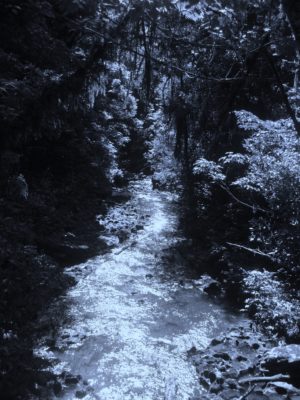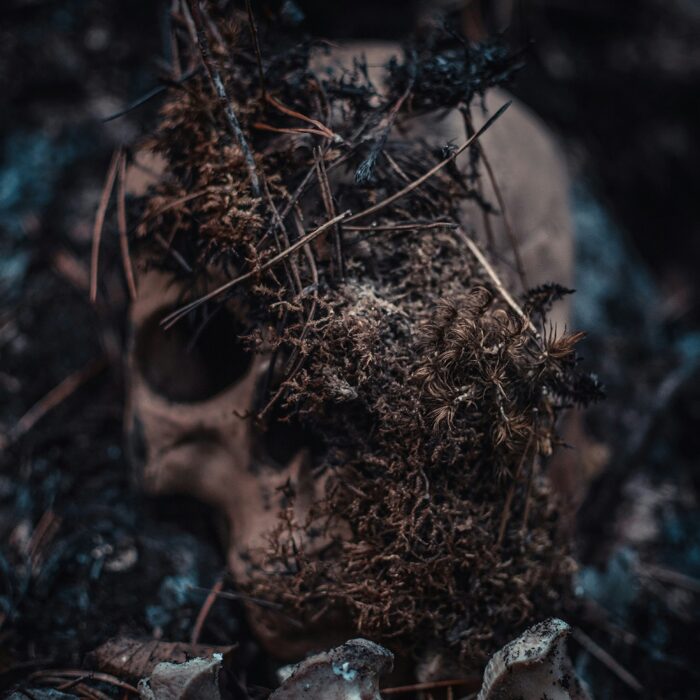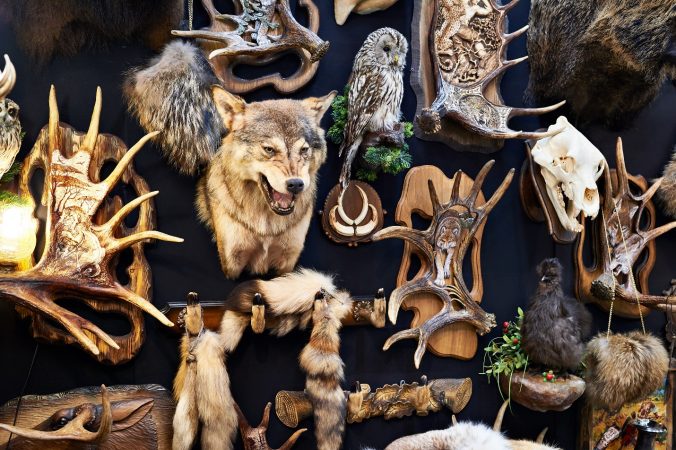You have no items in your cart. Want to get some nice things?
Go shopping
The Polovakai were a people of numbers.
They were a humanoid species recognized to possess a comparable mental capacity to humans decades before the first anthropologist decided to venture so deep into the jungles of their planet. Their houses were built like burls on the sides of enormous trees, decorated in ropes.
The first anthropologist told us about the ropes. She had wondered if the ropes might be there to help them climb, but even the children of the Polovakai had no difficulty climbing trees. Their hands gripped the bark easily, their claws extending as much as necessary. They had short, wiry fur like goats, and four short limbs of equal length. They had large swivelling ears and eyes that were all black.
The second anthropologist realized that the ropes existed not for climbing, but for their knots. All of the ropes had knots, and knotted ropes were worn around the waists, wrists, necks, ankles and even the knobby fingers of the Polovakai, as well as dangling from their houses and doorways like tassels.
The third anthropologist hadn’t returned.
The fourth anthropologist had explained that the knots were numbers. Each number meant something to the Polovokai, she had explained in a dead voice when the interviewer had finally persuaded her to speak of her experiences. One was the number of the Polovokai themselves.
Two was the number of elements—air and earth—and life required both. Air included cloud, wind, fire and light, and earth included flesh, dirt and stone.
Three was the number of supreme beings they recognized: one, an immaterial ancestor of the Polovokai; the second, the combined mind of their forest; and a third, a force of goodness, luck and love.
Four was the number of times a Poloka’s name grew during life. The last anthropologist had lived with an old Poloka named Chanarikai who had once been called Chanari, Chanar, Chan, and Ch.
Five was the greatest number of people one Polovakai could marry, either at once or over their lifespan. Six was the number of genders they recognized: male and female, mostly male and mostly female, falena or both and nallale or neither. Seven was the number of senses they recognized: sight, touch, smell, hearing, balance, direction, and recognition. Fifty-one was the number of the village that the last anthropologist stayed in. Because every whole number had a meaning, when the Polovokai counted or used numbers for other things they did so in halves.
All of this, the fourth anthropologist explained in the early days of her return, as she had leapt erratically from topic to topic, her eyes wild in her night-dark face, tears coming readily to her brown eyes. She had been given the number 14.5. It was all she would say for hours, that, and I didn’t understand.
Her number was higher than the numbers of the three that had come before her, the numbers that before that fourth and final anthropologist’s report, no one had paid much attention to. The first woman to brave the jungle had been given the number .5 when she left. She had barely spoken a word before she had been bitten by a poisonous snake and died.
The second was given 3.5, and had passed on information about ropes and knots before she had died in a freak fire.
The third never returned. Perhaps they hadn’t liked him; perhaps his number was negative.
The fourth anthropologist was with them for nearly five months before they sent her back. The Polovakai didn’t allow notes or recordings to be taken of them, so she had to be interviewed like the others. She also had to be interviewed because of her state.
“I didn’t know,” she said again as tears streaked down her young face from wide eyes. It was the thirteenth day since her return. “I didn’t understand.”
“What about infinity?” the interviewer asked.
But the anthropologist’s eyes had glazed over, her hands clasped tightly in her lap, and she didn’t seem to hear her question. “They told me at the beginning,” the anthropologist said, shaking her head over and over again. “Everything has a number, they said. If I wanted to learn the numbers I had to have one. They gave me my number.”
“What about infinity?” the interviewer asked again, gently.
“They don’t believe in it,” the anthropologist said. “Everything has a number. Everything ends.”
“What about—”
“They gave me my number,” the anthropologist repeated, hands pressed to the sides of her head as if to protect herself from the truth, eyes wild and unseeing as she fled from the room.
When the last anthropologist died from some sudden, unknown illness the next day, the file on the Polovokai was closed and researchers stopped venturing down to ask about numbers.
About Frances Koziar
FRANCES KOZIAR is primarily a fiction writer of the contemporary fiction, high fantasy, and young adult genres, though she also publishes poetry and nonfiction. Her work has appeared in 45+ literary magazines, and she is seeking an agent for diverse NA fantasy novels and children's fairy tales (PBs). She is a young (disabled) retiree and a social justice advocate, and she lives in Kingston, Ontario, Canada.




